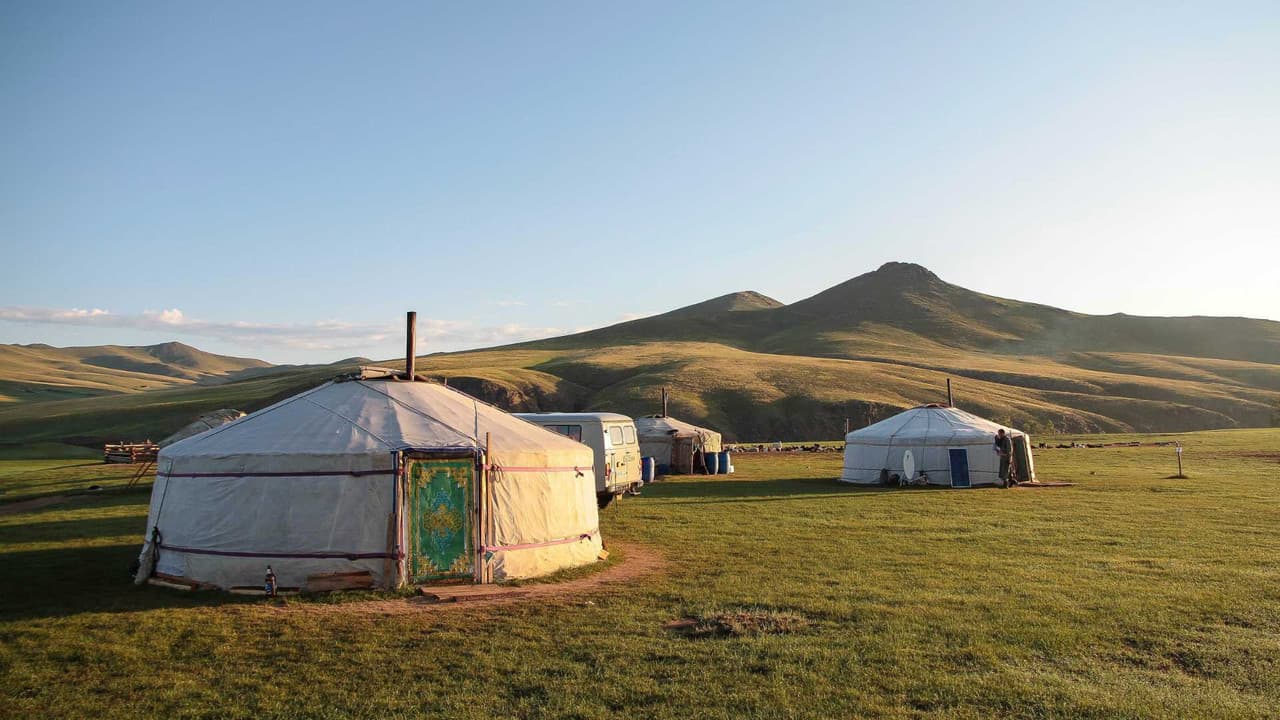Navigating the cultural landscape is a fundamental aspect of successful international business operations. In Mongolia, a country with a rich nomadic heritage and rapidly evolving economy, understanding local customs and social dynamics is essential for building strong relationships, fostering productive workplaces, and ensuring smooth business interactions. Cultural awareness helps foreign businesses avoid misunderstandings, build trust with local partners and employees, and integrate effectively into the local market.
Mongolian business culture is influenced by traditional values such as respect for elders, community ties, and a deep connection to nature, alongside modern business practices emerging from its transition to a market economy. Patience, relationship building, and understanding hierarchical structures are key elements that underpin effective engagement in the Mongolian business environment.
Communication Styles in the Workplace
Communication in the Mongolian workplace often leans towards indirectness, particularly when conveying potentially negative information or disagreement. Direct confrontation is generally avoided to maintain harmony and respect. Non-verbal cues, context, and tone of voice carry significant weight in understanding the full message. Active listening and observing subtle signals are crucial skills. While younger generations and those with international experience may adopt more direct styles, it is prudent to initially approach communication with sensitivity to indirectness. Building rapport and trust can facilitate more open communication over time.
Business Negotiation Practices and Expectations
Business negotiations in Mongolia tend to be a slower process compared to some Western cultures, emphasizing the importance of building a personal relationship before diving into detailed discussions. Patience is a virtue, and rushing the process can be counterproductive. Decision-making often involves senior figures, and consensus may be sought, which can extend timelines. Direct "no" answers are rare; instead, polite phrases indicating difficulty or future consideration might be used. Understanding this can help interpret responses accurately. Hospitality, such as sharing meals or tea, is an integral part of building trust and can precede or accompany negotiations.
Hierarchical Structures and Their Impact on Workplace Dynamics
Mongolian society and workplaces are typically hierarchical. Respect for age, position, and seniority is deeply ingrained. Decisions often flow from the top down, and employees generally show deference to managers and senior colleagues. Addressing individuals by their formal titles or using respectful language is important. While collaboration is valued, the final authority usually rests with the person in the highest position. Understanding this structure is key to navigating decision-making processes and managing teams effectively. Providing clear direction while also fostering an environment where employees feel comfortable contributing ideas (within the bounds of respectful communication) is a balance to strike.
Holidays and Observances Affecting Business Operations
Several national holidays and observances can impact business operations in Mongolia throughout 2025. It is important to be aware of these dates as government offices, banks, and many businesses may be closed.
| Holiday/Observance | Typical Date/Period (2025) | Business Impact |
|---|---|---|
| New Year's Day | January 1 | Public holiday, businesses closed. |
| Tsagaan Sar (Lunar New Year) | Varies (Late Jan/Feb) | Major national holiday, multi-day closures. |
| International Women's Day | March 8 | Public holiday, businesses closed. |
| Soldier's Day | March 18 | Public holiday, businesses closed. |
| Children's Day | June 1 | Public holiday, businesses closed. |
| Naadam Festival | July 11-15 | Major national festival, multi-day closures. |
| Republic Day | November 26 | Public holiday, businesses closed. |
| Independence Day | December 29 | Public holiday, businesses closed. |
Note: Tsagaan Sar dates are based on the lunar calendar and vary each year. Specific dates for 2025 should be confirmed closer to the time.
Cultural Norms Impacting Business Relationships
Building strong personal relationships is paramount in Mongolian business culture. Trust is earned over time through consistent, respectful interaction. Hospitality is a significant cultural value; accepting invitations for meals or tea is a sign of respect and helps strengthen bonds. Gift-giving is common, particularly when visiting someone's home or office for the first time, or during holidays like Tsagaan Sar. Gifts should be presented and received with both hands. Understanding and respecting local customs, such as not stepping on the threshold when entering a ger (traditional dwelling) or not pointing with one finger, demonstrates cultural sensitivity and helps build rapport. Socializing outside of formal business meetings is often where the most significant relationship building occurs.
Employ top talent in Mongolia through our Employer of Record service
Book a call with our EOR experts to learn more about how we can help you in Mongolia







Book a call with our EOR experts to learn more about how we can help you in Mongolia.
Trusted by more than 1000 companies around the globe



